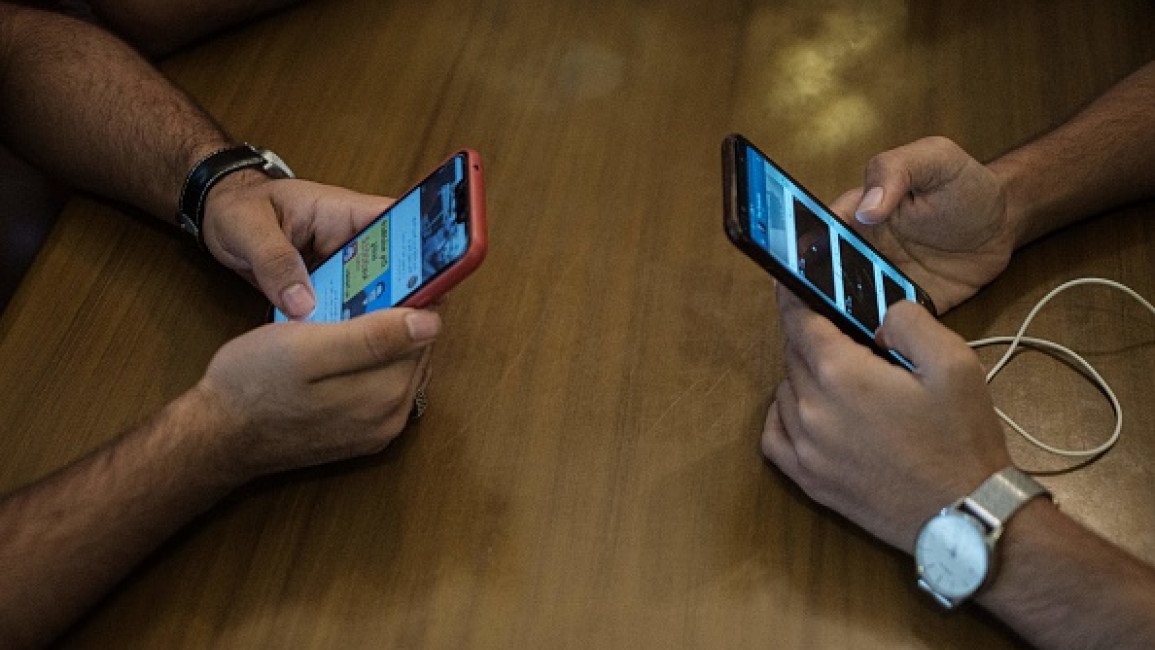Sudan banking app goes offline, leaving millions stranded and hungry
Sudanese civilians have been left stranded and hungry after the country's most used banking app went offline, as millions struggle to pay for emergency transport to flee fighting and looting.
Bankak, the app for the Bank of Khartoum, is used nationwide to buy basic groceries and transport and receive remittances from abroad. Carrying cash has become dangerous and impractical, with the Sudanese economy plagued by inflation.
The app allows its users to pay each other directly without having to use cash or contact the bank directly, and has seen major uptake across the country. Millions were left affected after the app stopped working for several days amid fighting between the Sudanese army and the Rapid Support Forces (RSF) militia.
“Millions of people use Bankak, especially in greater Khartoum - even in the informal economy,” Sudanese activist Hala al-Karib told The New Arab. “The Bank of Khartoum has been subject to robbery and bombing over the past two weeks, and the app going offline has made facing the conflict even harder for people trying to flee."
Looting has targeted banks in Khartoum and Omdurman, according to local residents, which has seen cash supplies grind to a halt and caused the app to crash several times during the conflict.
"Many people moving from point A to point B, find themselves unable to pay because they can't access their money on Bankak," explained al-Karib.
"People are still living in very dangerous locations, under severe bombing, and they need to move to another safe location. But they just can't pay."
While the risk of death and injury is a primary concern for Sudanese civilians, the inability to access cash is equally dangerous.
"I have seen people who have really had to reduce their food portions - one meal a day because Bankak has not been working," al-Karib told The New Arab.
In a country where millions rely on remittances from abroad, mobile phone banking is an essential lifeline for people.
Before the conflict erupted on 15 April, the Sudanese pound had already been hit by spiralling inflation as the economy floundered.
Many Sudanese feel frustrated by the apparent inaction of the international community to stop the conflict or help civilians.
"The number of people abandoning their homes for other cities is massive - hundreds of thousands. They need to survive when they're on the move. But this is not part of the conversation," said al-Karib.



